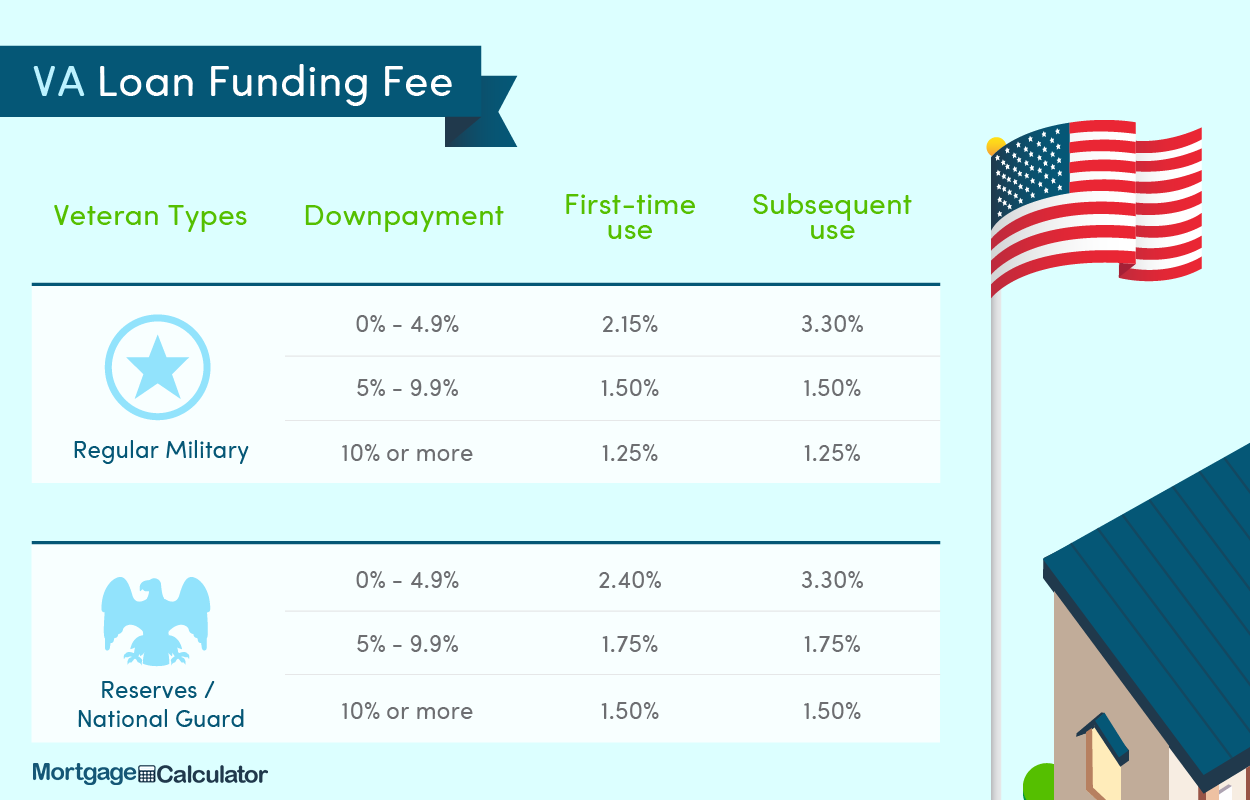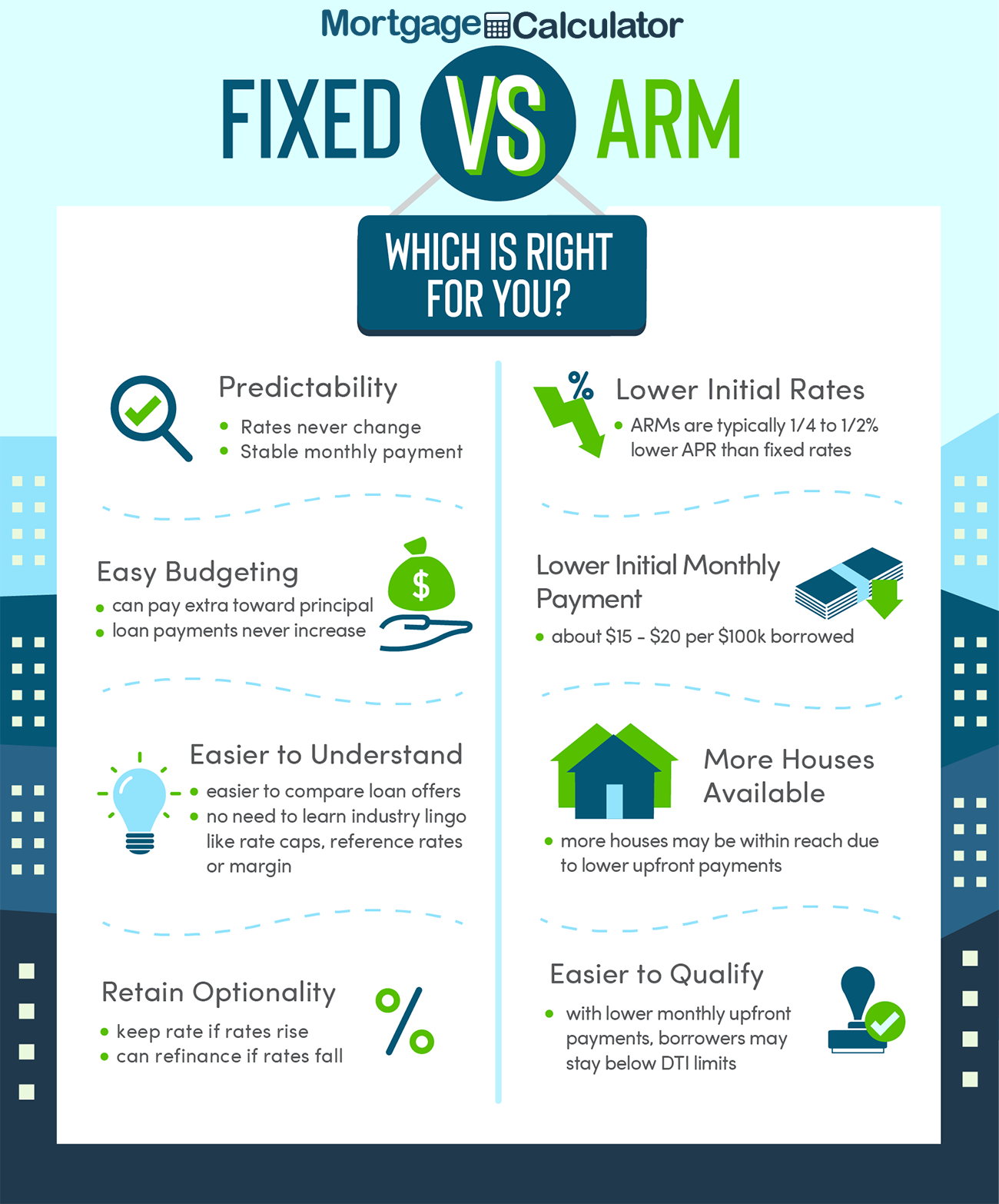The reverse home mortgage balance can be paid back at any time without charge. You can pick to either repay the loan willingly or defer interest up until you later on sell your house. When the loan balance will be paid completely any staying equity will come from your successors or estate. Yes. A foreclosure is a legal process where the owner of your reverse home mortgage obtains ownership of your residential or commercial property. Even if you have actually received a foreclosure notice, you might still have the ability to prevent foreclosure by pursuing among the choices kept in mind above. Your reverse home loan company (also referred to as your "servicer") will ask you to license on a yearly basis that you are residing in the home and keeping the home.
Nevertheless, these expenses are your responsibility so be sure you have actually set aside adequate money to spend for them and make certain to pay them on time. Not meeting the conditions of your reverse mortgage might put your loan in default. This implies the home loan business can require the reverse home loan balance be paid in complete and may foreclose and offer the property.
However, if you move or offer the residential or commercial property, the loan becomes due and should be settled. In addition, when the last making it through debtor dies, the loan becomes due and payable. Yes. Your estate or designated beneficiaries might keep the residential or commercial property and satisfy the reverse home loan debt by paying the lower of the home loan balance or timeshare mortgage cancellation 95% of the then-current appraised worth of the house.
No debt is passed along to the estate or your successors. Yes, if you have actually offered your servicer with a signed third-party authorization file authorizing them to do so. No, reverse mortgages do not permit co-borrowers to be included after origination. Your reverse home loan servicer might have resources readily available to assist you.
Your therapist will help you review your monetary circumstance and work with your home loan servicer. In addition, your counselor will be able to refer you to other resources that might assist you in stabilizing your budget plan and retaining your home. Ask your reverse mortgage servicer to put you in touch with a HUD-approved therapy company if you have an interest in talking to a housing counselor.
Little Known Facts About How Do Lenders Make Money On Reverse Mortgages.

Department of Housing and Urban Advancement (HUD) Office of the Inspector General Hotline 800-347-3735 or e-mail: [e-mail protected] Federal Real Estate Financing Agency Workplace of the Inspector General Hotline 800-793-7724 or on the Web at: www.fhfaoig.gov/ReportFraud Even if you remain in default, options might still be offered. As an initial step, contact your reverse home mortgage servicer (the business servicing your reverse home mortgage) and discuss your scenario.
You can also contact a HUD-approved therapy company for additional information about your scenario and choices to assist you prevent foreclosure. Ask your reverse home mortgage servicer to put you in touch with a HUD-approved therapy agency if you have an interest in talking to a housing counselor. It still might not be far too late.
If you can't pay off the reverse home mortgage balance, you might be eligible for a Short Sale or Deed-in-Lieu of Foreclosure (why do banks sell mortgages to other banks).
A reverse home mortgage is a mortgage loan, typically protected by a home, that enables the borrower to access the unencumbered value of the home. The loans are typically promoted to older property owners and generally do not require regular monthly home mortgage payments. Customers are still accountable for home taxes and property owner's insurance.

Because there are no necessary mortgage payments on a reverse mortgage, http://zionoorw573.raidersfanteamshop.com/h1-style-clear-both-id-content-section-0-top-guidelines-of-how-do-down-payments-work-on-mortgages-h1 the interest is added to the loan balance monthly. The increasing loan balance can eventually grow to surpass the value of the house, especially in times of declining house worths or if the customer continues to live in the house for several years.
Getting My What Will Happen To Mortgages If The Economy Collapses To Work
In the United States, the FHA-insured HECM (house equity conversion home mortgage) aka reverse home loan, is a non-recourse loan. In simple terms, the borrowers are not responsible to repay any loan balance that surpasses the net-sales earnings of their home. For instance, if the last customer left the house and the loan balance on their FHA-insured reverse home mortgage was $125,000, and the house sold for $100,000, neither the debtor nor their successors would be accountable for the $25,000 on the reverse mortgage loan that went beyond the worth of their home.
A reverse home loan can not go upside down. The expense of the FHA mortgage insurance is a one-time charge of 2% of the evaluated worth of the house, and then a yearly cost of 0.5% of the exceptional loan balance. Particular rules for reverse home loan deals vary depending on the laws of the jurisdiction.
Some economic experts argue that reverse mortgages might benefit the senior by raveling their earnings and intake patterns over time. However, regulatory authorities, such as the Consumer Financial Security Bureau, argue that reverse home mortgages are "intricate products and hard for customers to comprehend", particularly because of "deceptive marketing", low-grade therapy, and "danger of fraud and other frauds".
In Canada, the debtor must look for independent legal advice prior to being authorized for a reverse home loan. In 2014, a "relatively high number" of the U.S. reverse home loan borrowers about 12% defaulted on "their home taxes or homeowners insurance". In the United States, reverse home loan debtors can deal with foreclosure if they do not keep their houses or maintain to date on homeowner's insurance and home taxes.
Under the Accountable Lending Laws the cancelling sirius xm National Customer Credit Defense Act was modified in 2012 to integrate a high level of guideline for reverse mortgage. Reverse mortgages are also regulated by the Australian Securities and Investments Commission (ASIC) requiring high compliance and disclosure from lending institutions and advisers to all customers.
Not known Factual Statements About Who Took Over Washington Mutual Mortgages
Anybody who wishes to take part in credit activities (consisting of lenders, lessors and brokers) should be certified with ASIC or be a representative of somebody who is licensed (that is, they should either have their own licence or come under the umbrella of another licensee as an authorised credit agent or worker) (ASIC) Eligibility requirements vary by lender.
Reverse home mortgages in Australia can be as high as 50% of the home's worth. The exact amount of cash readily available (loan size) is determined by several elements: the debtor's age, with a greater amount readily available at a greater age current rate of interest the residential or commercial property's area program minimum and optimum; for example, the loan may be constrained to a minimum of $10,000 and a maximum of between $250,000 and $1,000,000 depending upon the lending institution.
These costs are often rolled into the loan itself and for that reason compound with the principal. Normal costs for the reverse mortgage consist of: an application fee (facility charge) = in between $0 and $950 stamp responsibility, home mortgage registration fees, and other government charges = vary with area The rate of interest on the reverse home mortgage varies.